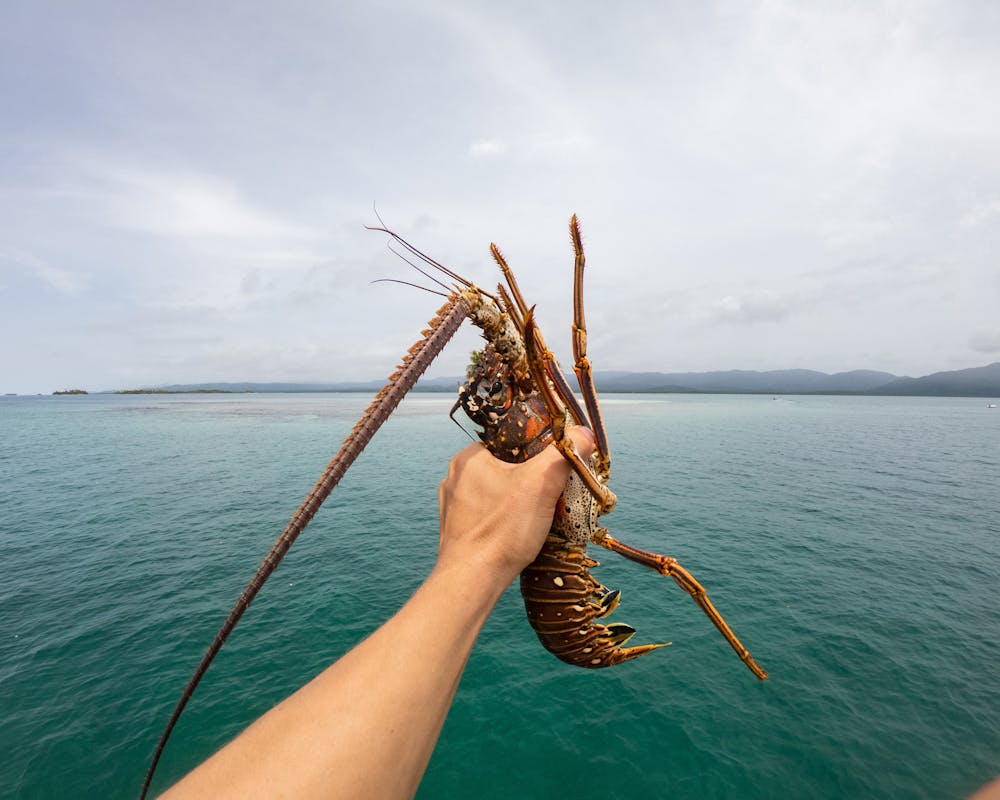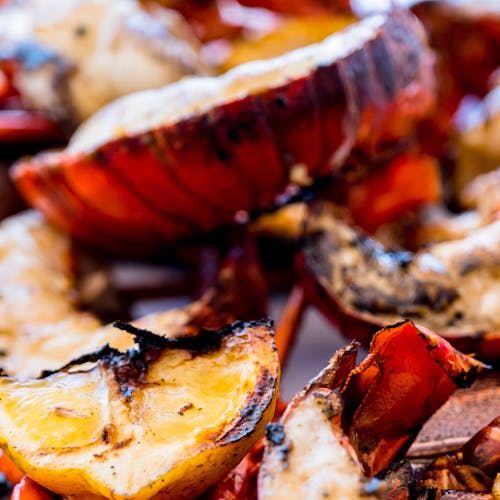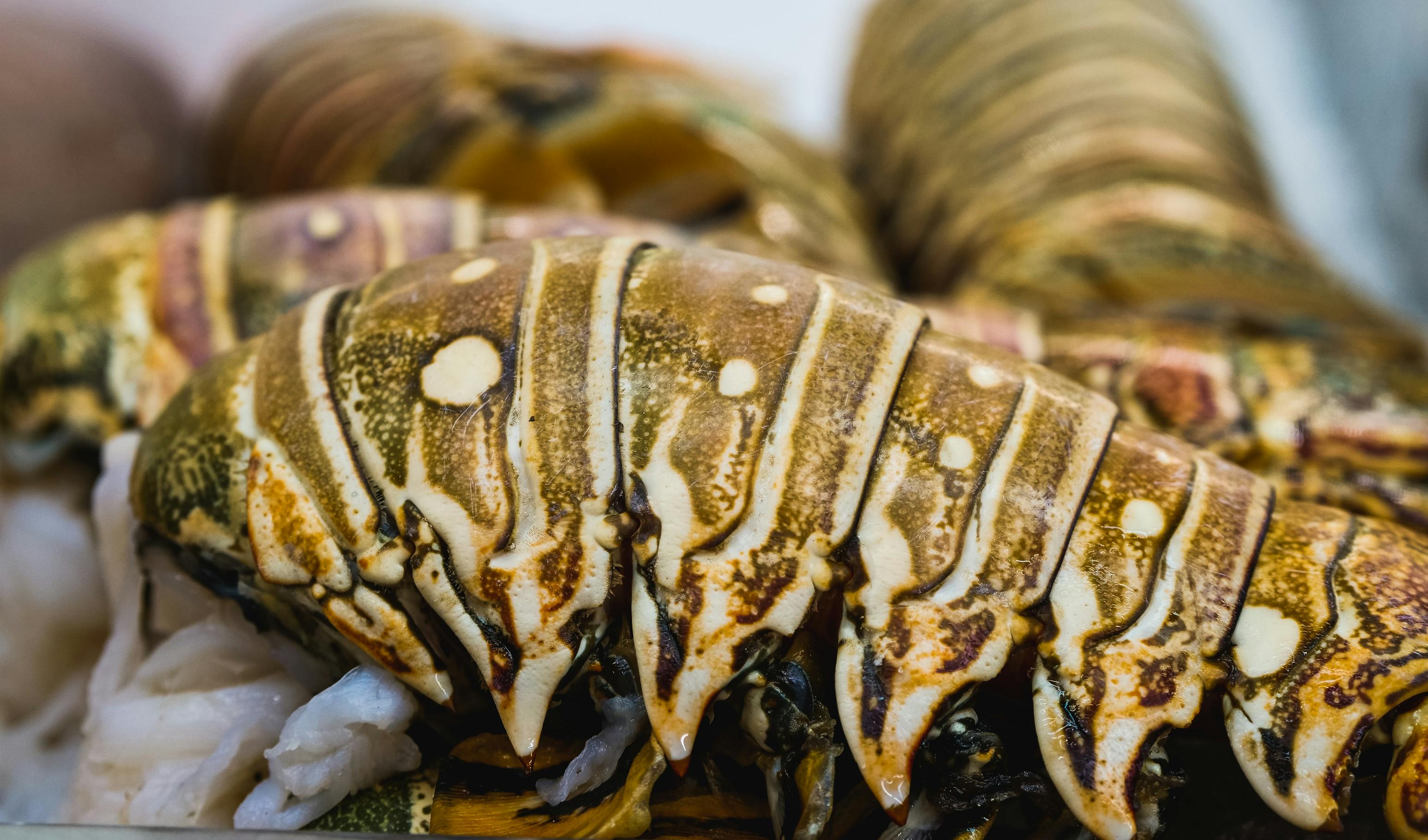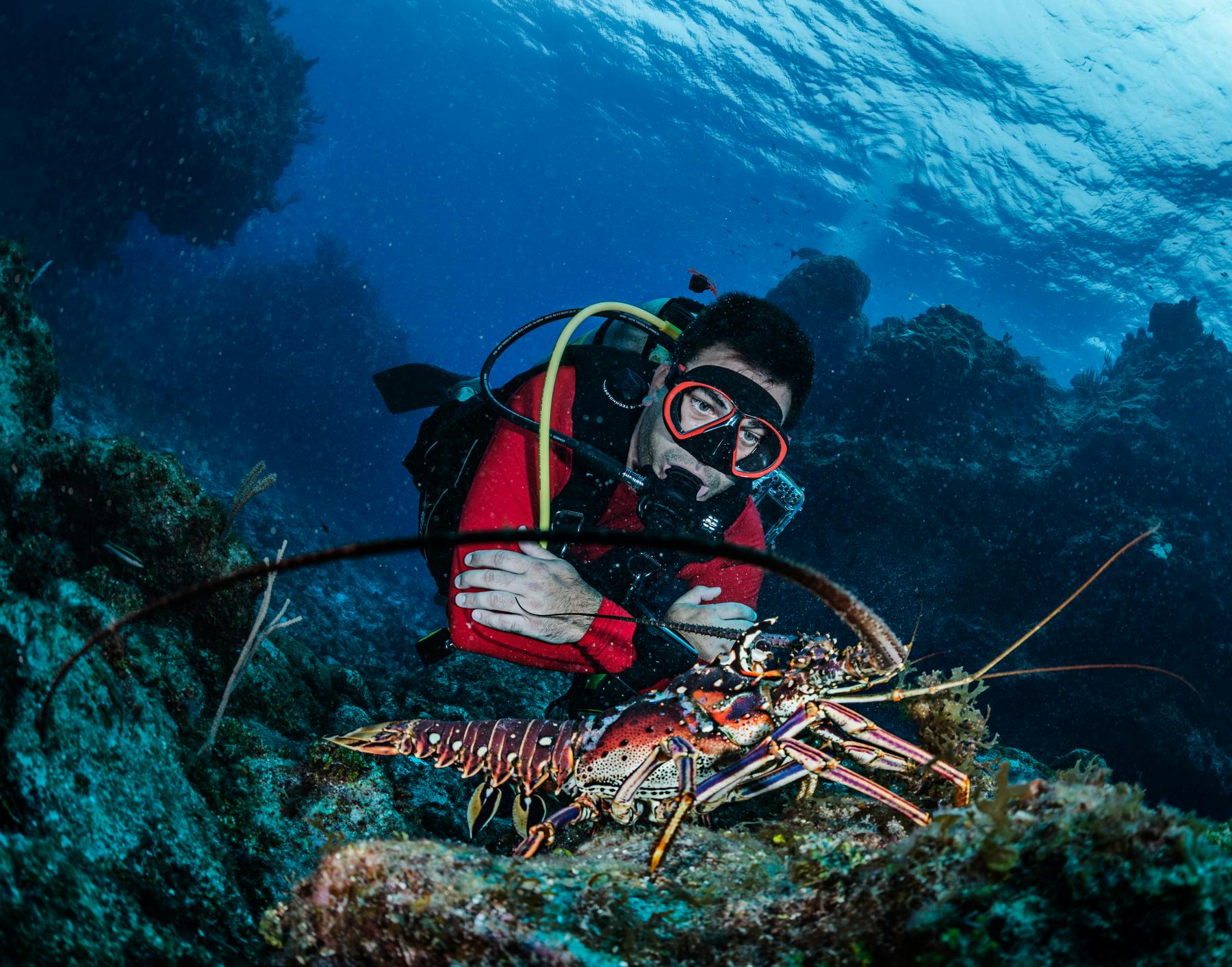Free Shipping on orders of $49+ | Signup for Direct Rewards
Free Shipping on orders of $49+ | Free Store Pickup | Signup for Direct Rewards
Free Shipping on orders of $49+ | Signup for Direct Rewards
Free Shipping on orders of $49+ | Free Store Pickup | Signup for Direct Rewards

Known for its unique physical characteristics and culinary appeal, the Caribbean spiny lobster holds a special place in the hearts of seafood enthusiasts. Here at Divers Direct, we are no stranger to lobstering. We know there's something special about the Florida spiny lobster season. We can see it in your eyes too when you come into the store to get new gear for the hunt, especially for mini lobster season. Whether it's the anticipation of a new catch, enjoying the sport with friends and family, or the delicious flavors that come with cooking and eating this delicacy, it's a time of year that gets people excited. The two-day sport season for Caribbean spiny lobster is right around the corner. From catching lobsters to cooking them, here is some information about these yummy crustaceans to get you excited about the sport.
Unlike other lobsters, the Caribbean spiny lobster doesn’t have large claws. Its carapace is covered with numerous small, sharp spines, hence the name "spiny lobster." These spines protect against predators. Hunting lobsters has been a tradition in coastal communities for generations. In the past, lobsters weren’t always viewed as the high-class delicacy they are today.
When Europeans were settling in North America, it was rumored that lobsters would wash ashore in piles up to two feet high. Lobsters were labeled as the “poor man’s protein” because they were the primary food source for poor communities during hard times. Their negative stigma began to shed when fancy diners in the north started serving lobsters; prices for the tasty crustaceans immediately rose.

Its firm yet tender meat boasts a delicate flavor, now making lobster a highly sought-after ingredient in various culinary creations.

From grilled lobster tails with garlic butter to savory lobster bisque, lobster shines as a versatile and indulgent addition to seafood, and even surf-and-turf dishes. Here are some unique cooking ideas to try after you have caught these bugs.
Grilled Lobster Tails with Mango Salsa: A tropical twist on a classic favorite, this recipe pairs succulent lobster tails with a refreshing mango salsa, combining sweet and savory flavors in a delightful union.
Lobster Ceviche: This zesty and vibrant dish combines diced lobster meat with lime juice, fresh herbs, and chopped vegetables, creating a tantalizing appetizer that showcases the lobster's delicate taste.
Consuming Caribbean spiny lobster offers more than just exquisite taste. It provides numerous health benefits and essential nutrients. While rich in protein and low in fat, it’s also packed with omega-3 fatty acids, vitamins B12 and E, as well as minerals like zinc and selenium. Consuming lobster may also promote brain health, support cardiovascular function, and boost immunity.
While the Caribbean spiny lobster offers a delightful culinary experience, it is essential to be mindful of potential dangers associated with consuming undercooked or mishandled lobster. To mitigate the risks of foodborne illnesses, handling, cooking, and storing lobster properly is crucial, ensuring thorough cooking and maintaining hygiene standards in food preparation.

In efforts to preserve the Caribbean spiny lobster population and its delicate ecosystem, responsible fishing practices and compliance with local regulations are essential.

A saltwater fishing license and a lobster permit are required if you wish to participate in the sport. Governments and organizations implement size limits, closed seasons, and conservation measures to ensure the long-term viability of this species. Supporting sustainable fishing practices and purchasing lobsters from certified sources contribute to the preservation of this precious resource.
In conclusion, get ready to indulge in some delicious spiny lobsters this lobster sport season. Whether you're a seasoned lobster lover or trying it for the first time, Divers Direct has the gear you need to catch these tasty crustaceans. So let's raise a glass (of melted butter, perhaps?) to another exciting lobster season!
Do I need a fishing license to hunt lobsters?
Yes, it is required to have a license and a permit if you wish to take or attempt to take saltwater fish, crabs, clams, marine plants, or other saltwater organisms other than non-living seashells and lionfish with certain gear.
When is Florida lobster season?
For this year, the regular Florida lobster season starts August 6th and ends March 31st. Florida Lobster Mini Season is the last consecutive Wednesday and Thursday of July. This year, 2025, the two-day sport season is July 30th-31th.
How can I obtain a fishing license for the spiny lobster season?
For information regarding licenses, head to the Florida Fish and Wildlife Conservation Commission website.
What are the size and bag limits for spiny lobster during the season?
For information regarding regulations, head to the Florida Fish and Wildlife Conservation Commission website.
How do you catch lobsters?
There are many ways you can catch lobsters. The experienced hunter can catch them freehand. You can also use a snare. The most common method to catch lobster is with a tickle stick and net.
How does the Florida lobster differ from other lobster species?
The Caribbean spiny lobster doesn’t have large claws. Its carapace is covered with numerous small, sharp spines to protect them against predators.